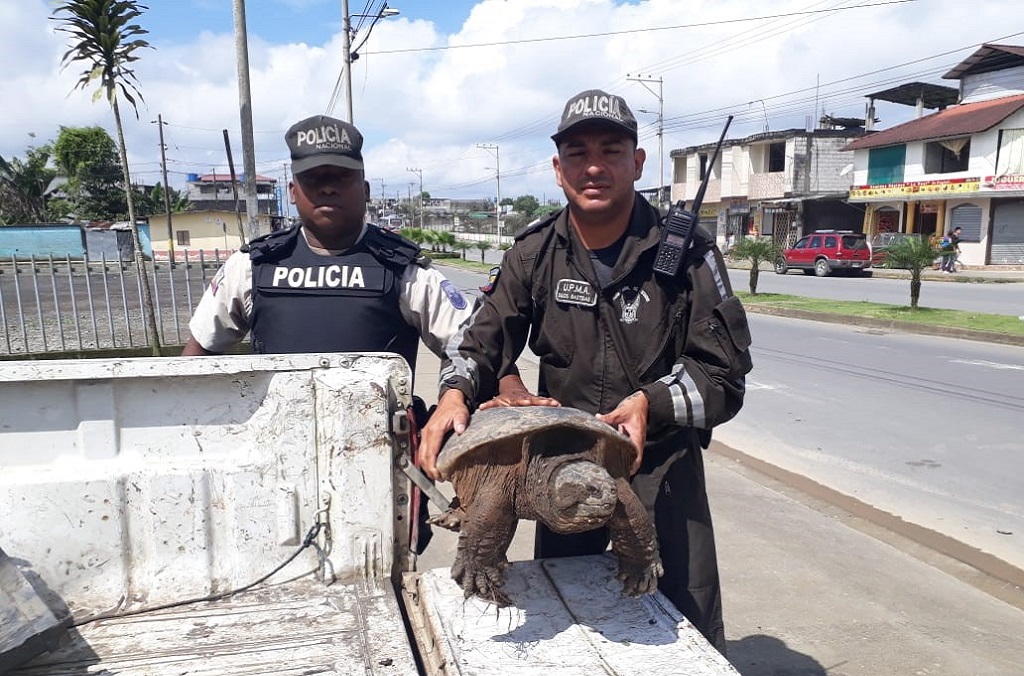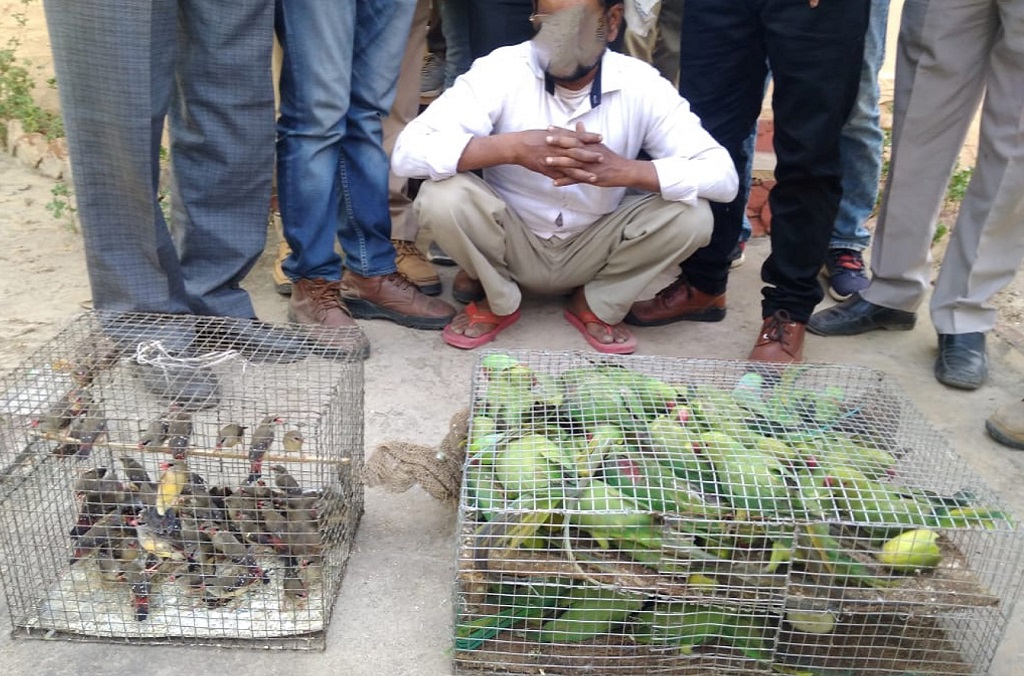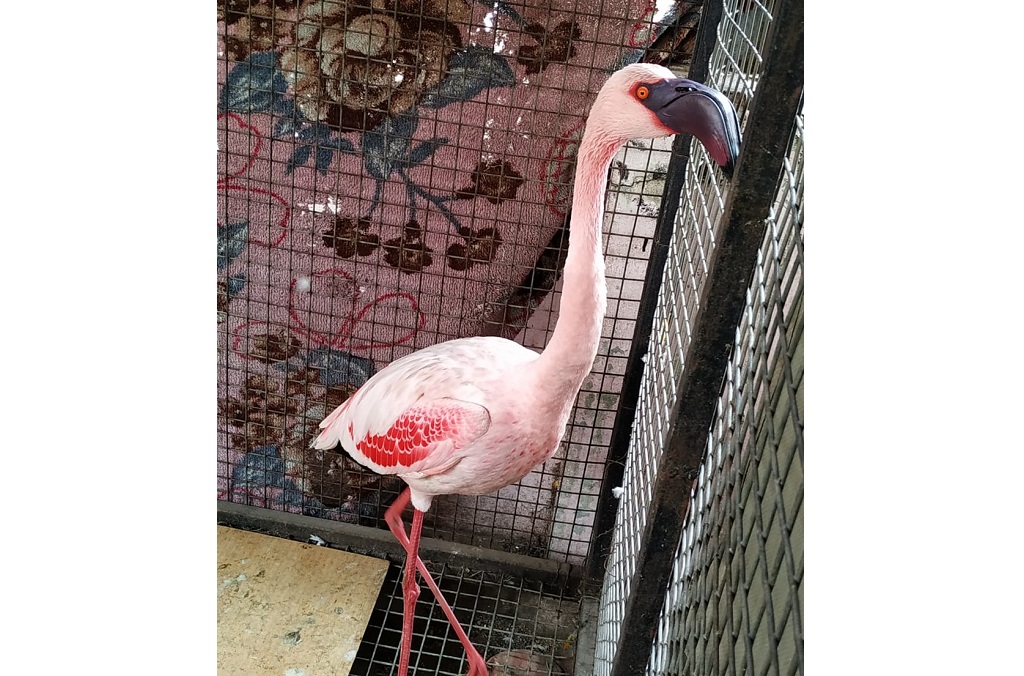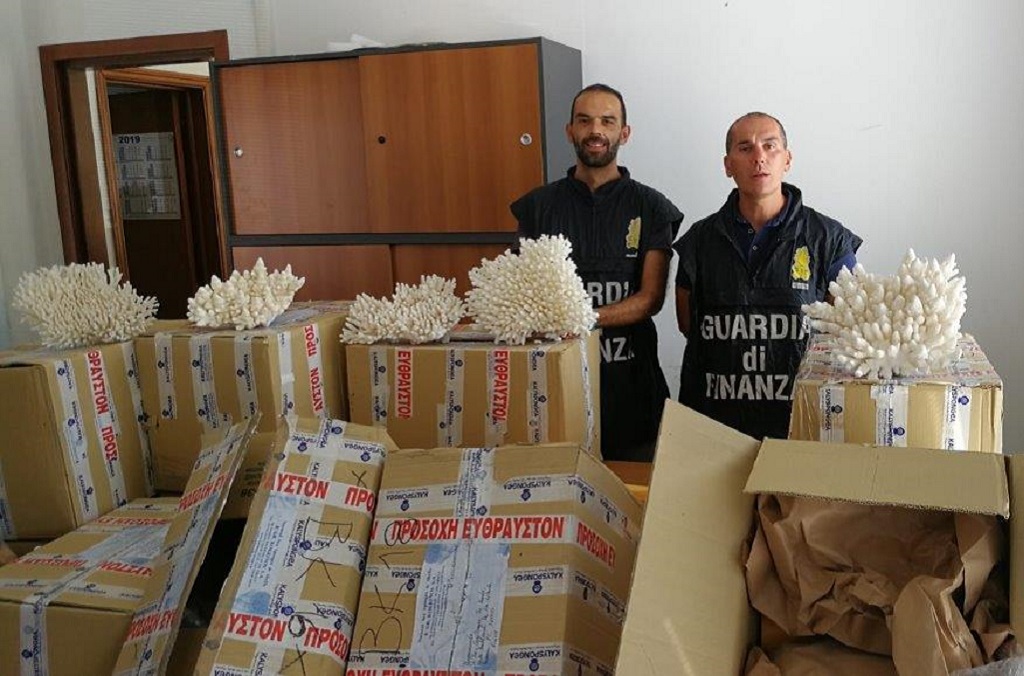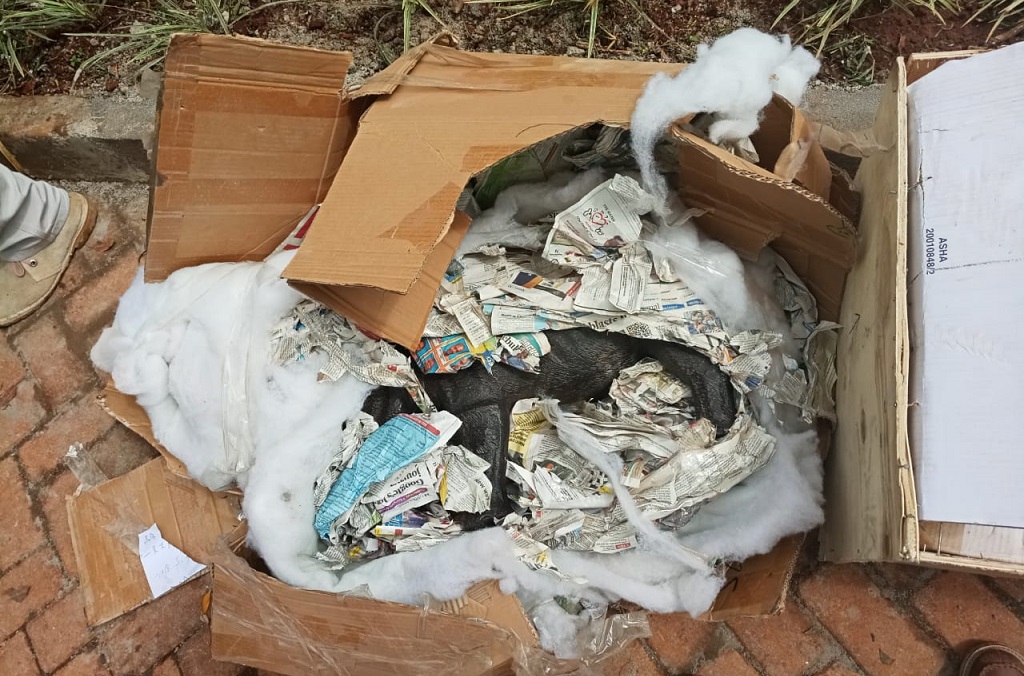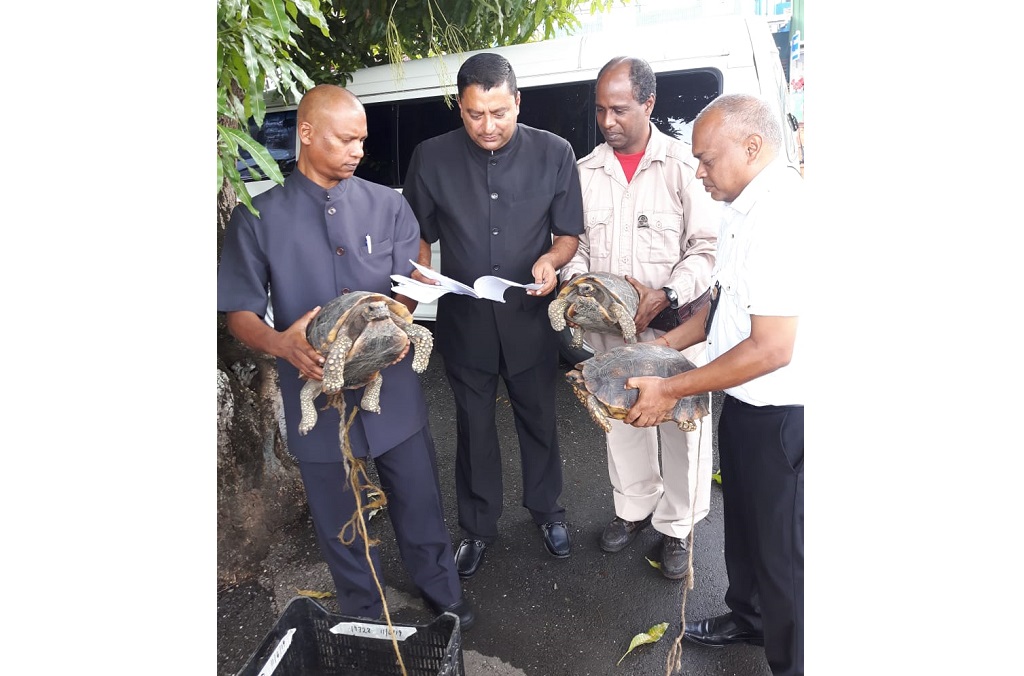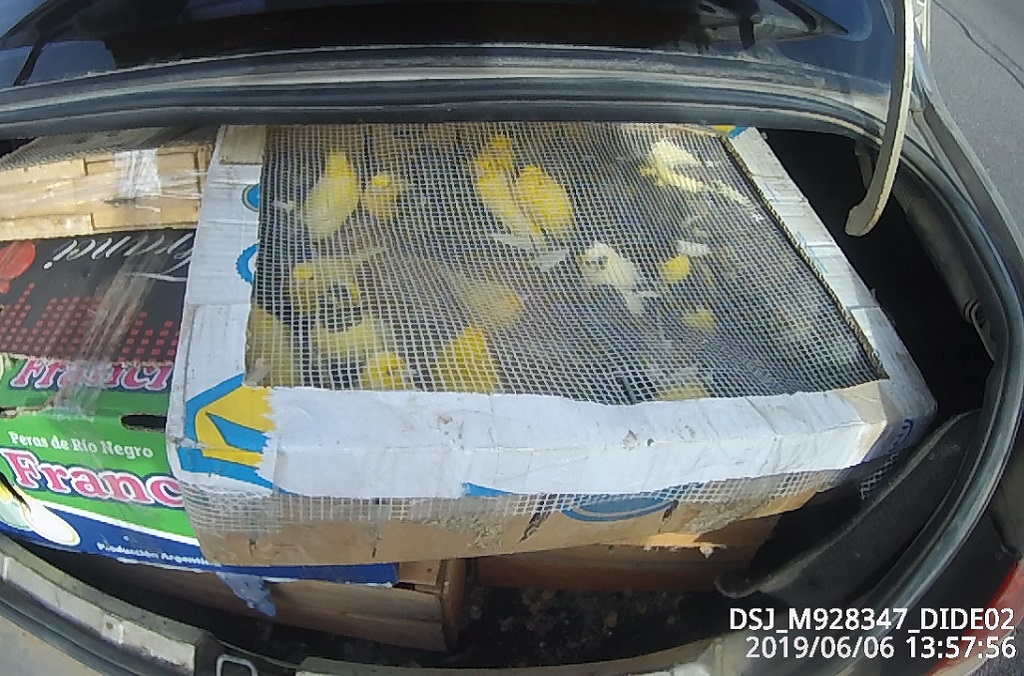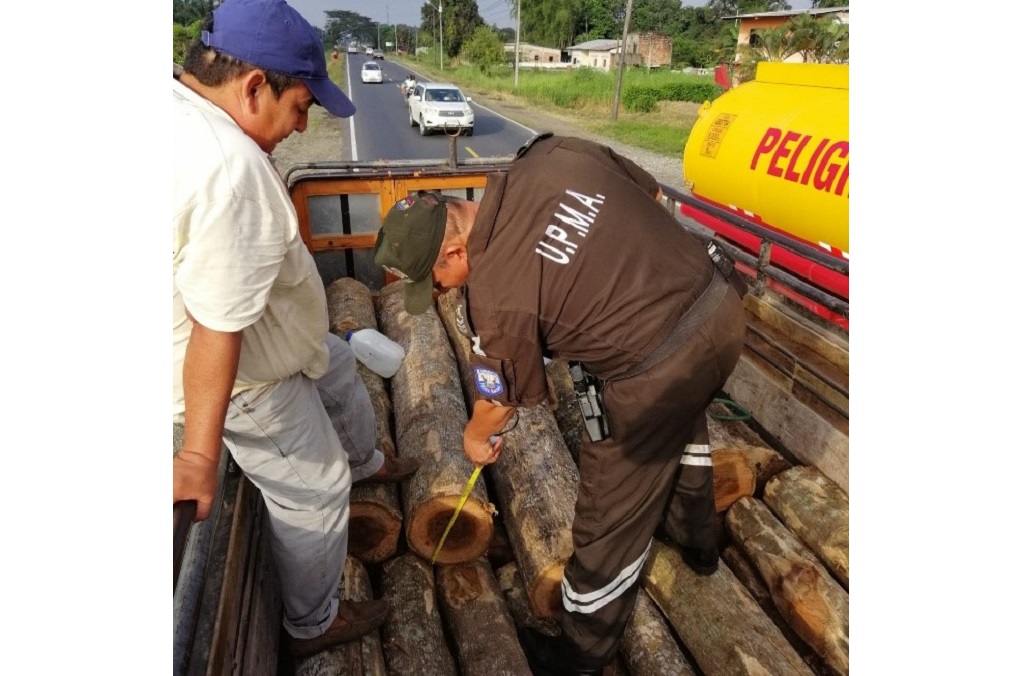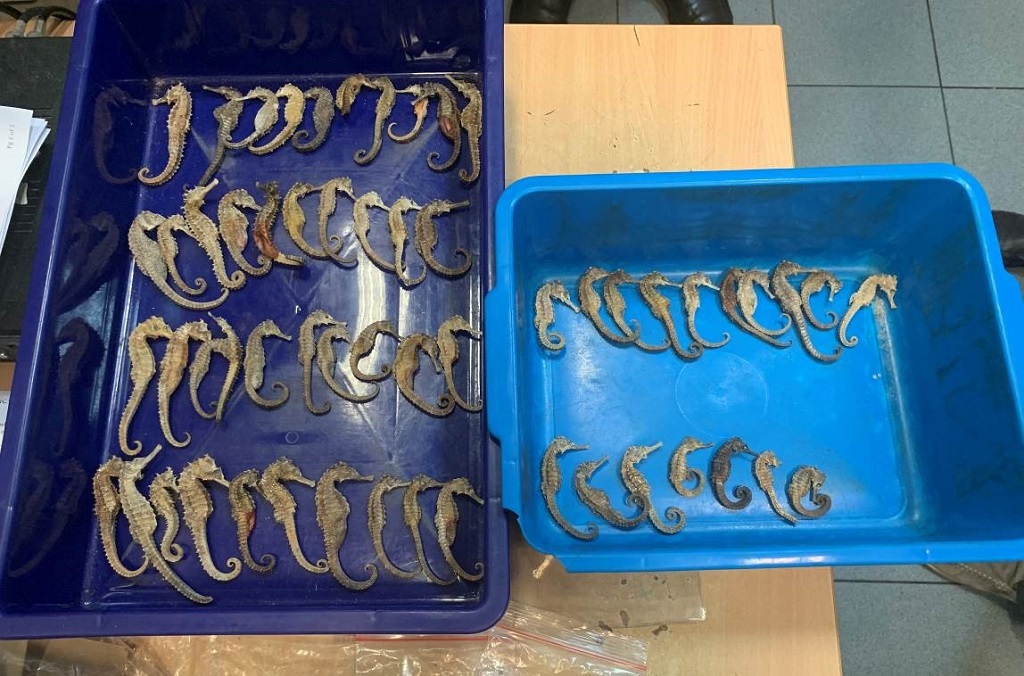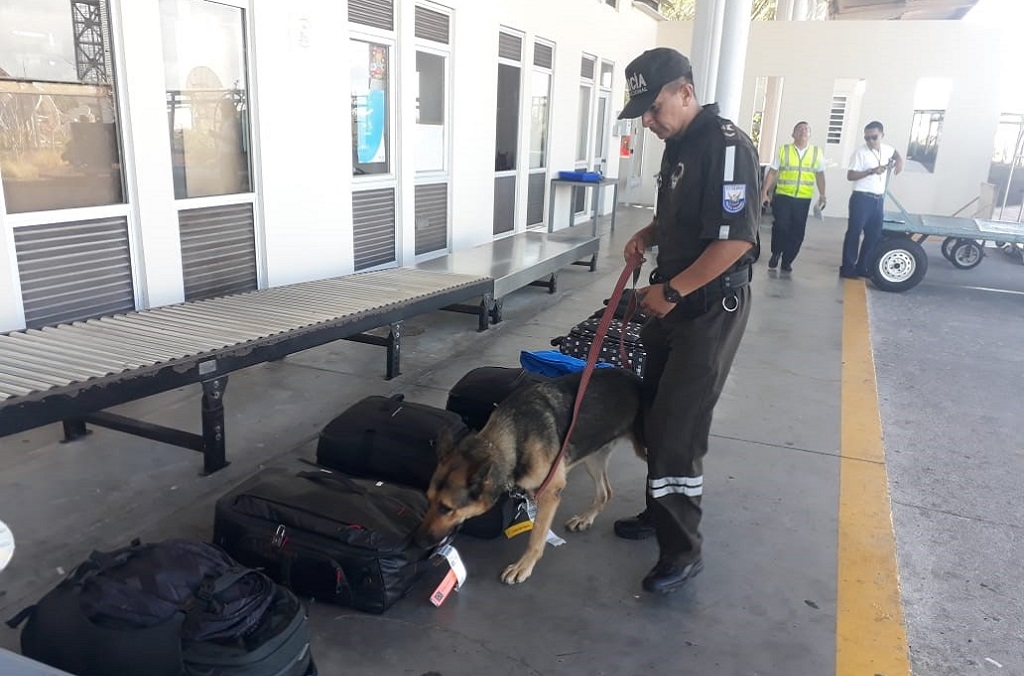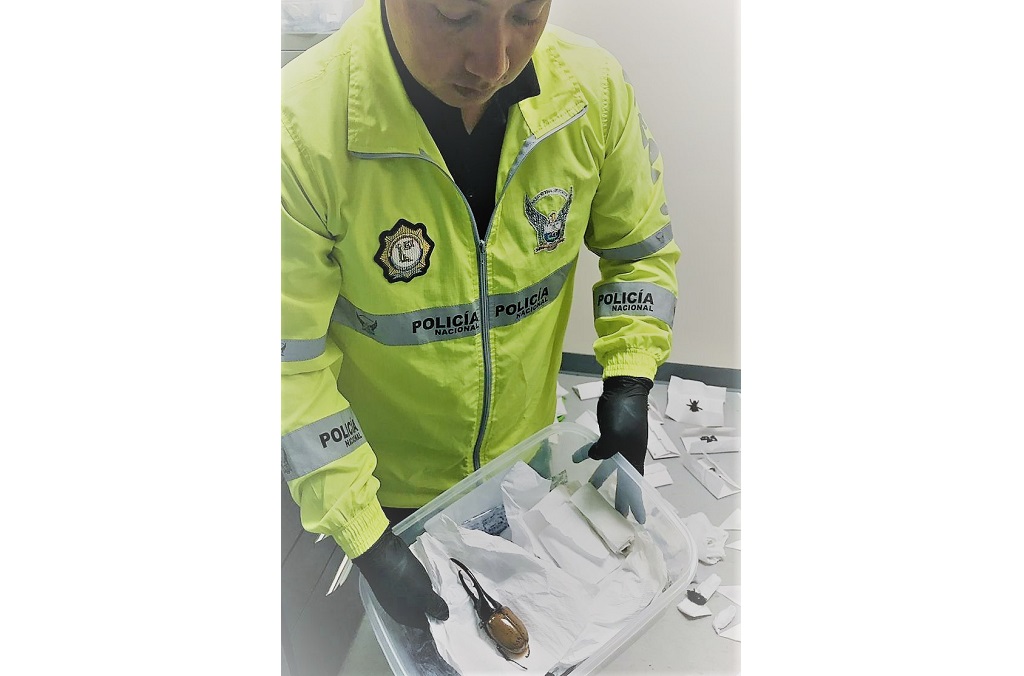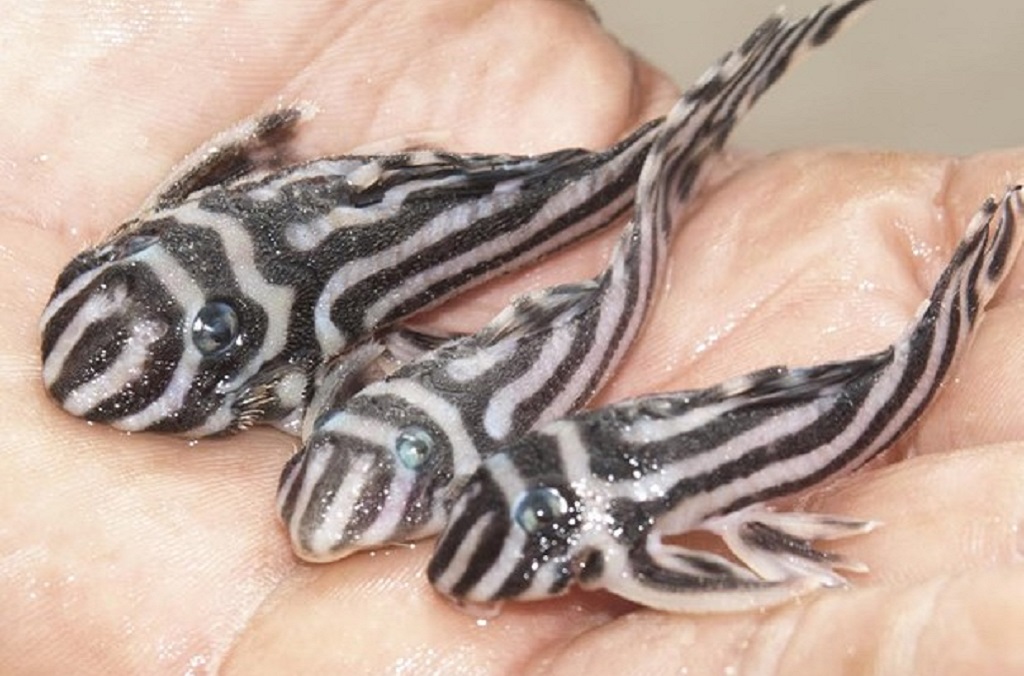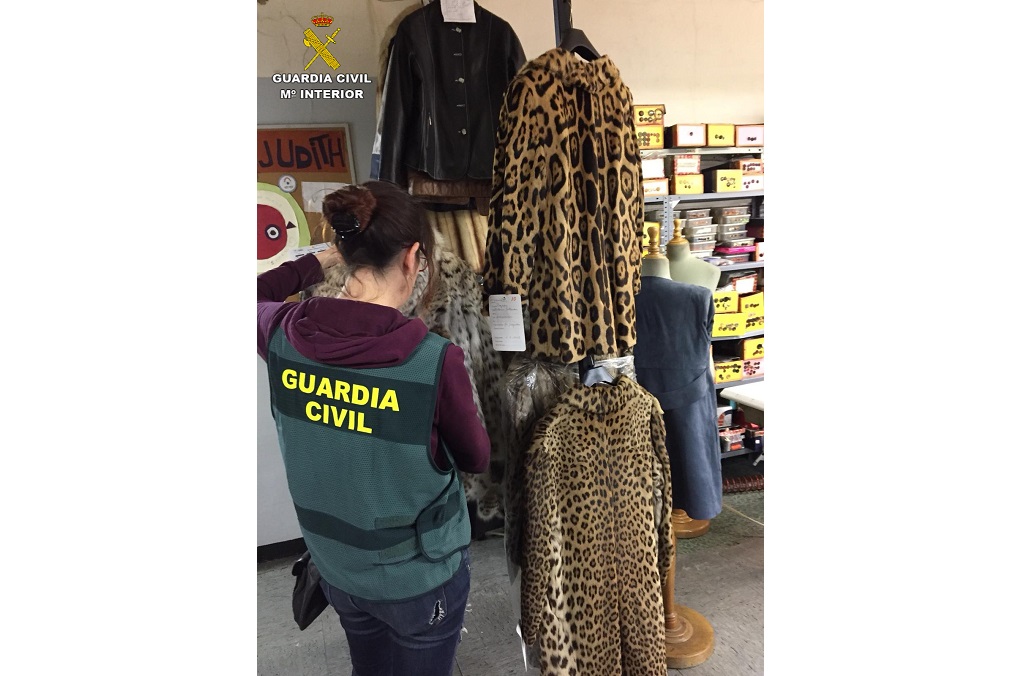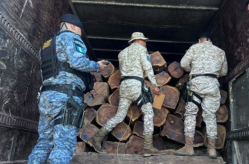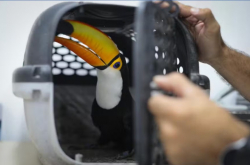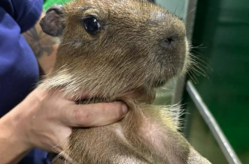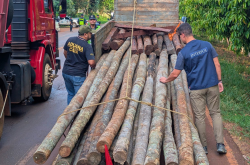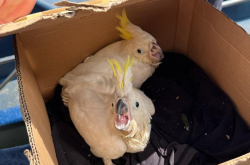LYON, France - A joint worldwide customs and police operation has resulted in the seizure of large quantities of protected flora and fauna across every continent.
From 4 – 30 June, INTERPOL and the World Customs Organization (WCO) coordinated Operation Thunderball, with police and customs administrations leading joint enforcement operations against wildlife and timber crime across 109 countries.

The intelligence-led operation identified trafficking routes and crime hotspots ahead of time, enabling border, police and environmental officers to seize protected wildlife products ranging from live big cats and primates to timber, marine wildlife and derived merchandise such as clothing, beauty products, food items, traditional medicines and handicrafts.
A team of customs and police officers together coordinated global enforcement activities from an Operations Coordination Centre at INTERPOL’s Global Complex for Innovation in Singapore.

Worldwide environmental impact
Initial results have led to the identification of almost 600 suspects, triggering arrests worldwide. Further arrests and prosecutions are anticipated as ongoing global investigations progress.

Global seizures reported to date include:
- 23 live primates;
- 30 big cats and large quantities of animal parts;
- 440 pieces of elephant tusks and an additional 545 Kg of ivory;
- Five rhino horns;
- More than 4,300 birds;
- Just under 1,500 live reptiles and nearly 10,000 live turtles and tortoises;
- Almost 7,700 wildlife parts from all species, including more than 30 kg game meat;
- 2,550 cubic meters of timber (equivalent to 74 truckloads);
- More than 2,600 plants;
- Almost 10,000 marine wildlife items, such as coral, seahorses, dolphins and sharks.
The operation saw half a tonne of pangolin parts bound for Asia seized in Nigeria, and the arrest of three suspects in Uruguay attempting to smuggle more than 400 protected wildlife species.
The operation highlighted the continuing trend for online wildlife trade, with 21 arrests in Spain and the seizure in Italy of 1,850 birds resulting from two online investigations.

“Wildlife crime not only strips our environment of its resources, it also has an impact through the associated violence, money laundering and fraud,” said INTERPOL Secretary General Jürgen Stock.
“Operations like Thunderball are concrete actions targeting the transnational crime networks profiting from these illicit activities. We will continue our efforts with our partners to ensure that there are consequences for criminals who steal from our environment,” added the INTERPOL Chief.

Police-customs cooperation: a sustainable approach against organized wildlife crime
“As clearly illustrated by the results of Operation Thunderball, close cooperation at international and national levels to combat wildlife crime must never be under-estimated,” said WCO Secretary General Kunio Mikuriya.

INTERPOL and the WCO have a long history of cooperation, regularly supporting each other’s operations in the field. Operation Thunderball marks a new direction in their partnership, bringing them together as joint operational partners on the frontline to ensure wildlife trafficking is addressed comprehensively, from detection to arrest, investigation and prosecution.
“Such initiatives will be replicated to raise awareness within the global law enforcement community on the gravity of global wildlife crime and to better coordinate cross-agency efforts, including the engagement of civil society groups to detect and deter wildlife criminal networks,” added Dr Mikuriya.
Slight declines in the seizures of certain species are a sign that continued enforcement efforts are bearing fruit, and that compliance levels are improving.
“For the sake of our future generations and the world we live in, it is vital that we stop criminals from putting livelihoods, security, economies and the sustainability of our planet at risk by illegally exploiting wild flora and fauna,” said Ivonne Higuero, CITES Secretary General.
CITES is the Convention on International Trade in Endangered Species of Wild Fauna and Flora which ensures that international trade in specimens of wild animals and plants does not threaten their survival.

“Operation Thunderball sends a clear message: we will continue to work closely with our International Consortium on Combating Wildlife Crime (ICCWC) partners in support of efforts to implement CITES and address wildlife crime, deploying our collective strength and expertise to ensure that no stone is left unturned and wildlife criminals face the full force of the law,” added Ms Higuero.
Throughout Operation Thunderball, customs and police officers, supported by environmental authorities, wildlife and forestry agencies, border agencies and CITES management authorities, worked together to identify and intercept shipments containing flora and other species protected and regulated under the CITES convention.
Coordinated jointly by INTERPOL’s Environmental Security Programme and the WCO Environment Programme, Operation Thunderball is the third in the “Thunder” series, following Thunderbird in 2017 and Thunderstorm in 2018.
Operation Thunderball is financially supported by the European Commission’s Directorate-General for International Development and Cooperation as a deliverable of the ICCWC, the US Department of State’s Bureau of International Narcotics and Law Enforcement Affairs, the United States Agency for International Development, the Norwegian International Climate and Forest Initiative and the UK Government, Department for Environment, Food & Rural Affairs.




